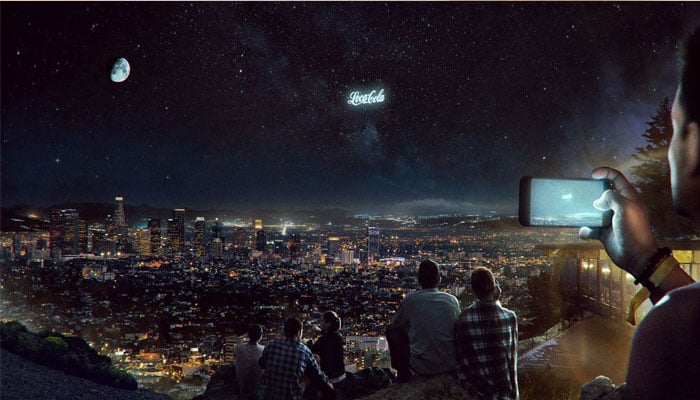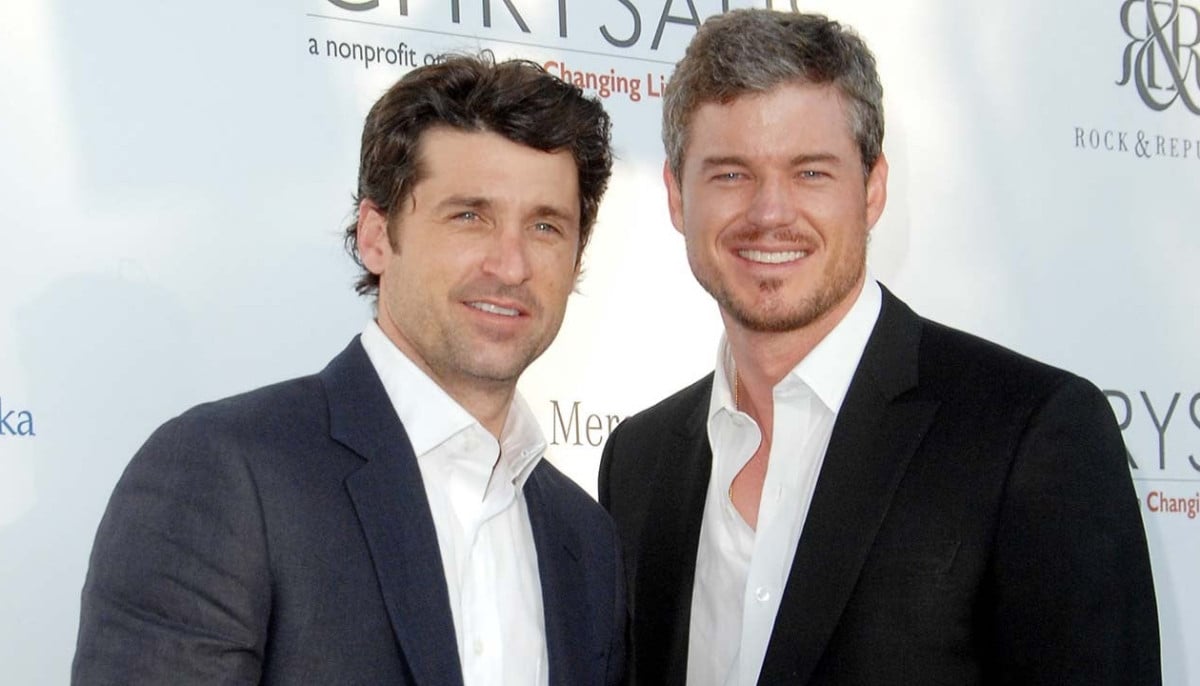Skies to light up with ads as new advertising technique gets introduced
Soon the stars on the sky will be replaced with the ads in the nights, as the company intends to blast 200 mini satellites which are called cubesats into the space that would results into formation of an image or a message.
A Russian startup’s innovational idea is making waves as they introduced a new way to display advertisements in the skies by using modern technologies in a unique way.
The Russian Television (RT) reports, StartRocket plans to launch giant displays of advertisements in the skies at an altitude of nearly 500 kilometers.
Soon the stars on the sky will be replaced with the ads in the nights, as the company intends to blast 200 mini satellites which are called cubesats into the space that would results into formation of an image or a message.
"Satellite reflectors use sunlight directing it towards the Earth so the cubesats satellite pixels will be turned on and off when we need while the entire display moves into the orbit showing messages or images," project leader Vladilen Sitnikov tells RT.
The primary source of energy to burn these ‘cubesats’ will be solar power.
While the project’s prototype has been launched by the Moscow based engineers of the company; the full implementation of the project is expected to be completed in 2021.
Meanwhile the idea to place ads in the space faces serious criticism over social media as one user slamming the plan to launch ads in the space writes on Facebook:
"No person on earth wants or needs this. Use your money for something more worthwhile than ruining our skies with advertising.”
Another says: “What an awful idea this is,"
On the other hand, Pepsi wants to be the first one to be a part of this groundbreaking idea of commercializing in a new way, according to SpaceNews, all the while scientists doubt the venture: “Launching projects like this with no, scientific or national security values seem unwise,” the University of Astronomy professor said to the sources.
-
Milo Ventimiglia recalls first meeting with Arielle Kebbel on the sets of 'Gilmore Girls' amid new project
-
Leading astrophysicist shot dead at southern California home
-
Will Savannah Guthrie ever return to 'Today' show? Here's what insiders predict
-
Amazon can be sued over sodium nitrite suicide cases, US court rules
-
Patrick Dempsey reveals Eric Dane's condition in final days before death
-
Epstein estate to pay $35M to victims in major class action settlement
-
South Korea’s ex-President Yoon issues public apology after being sentenced to life over martial law
-
Trump officially directs US agencies to identify and release files on extraterrestrial life












